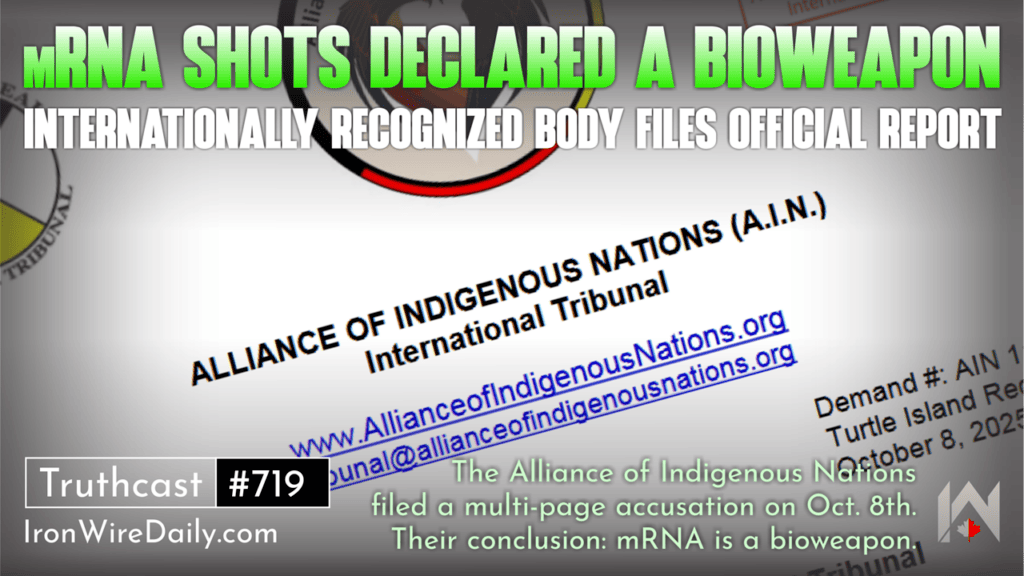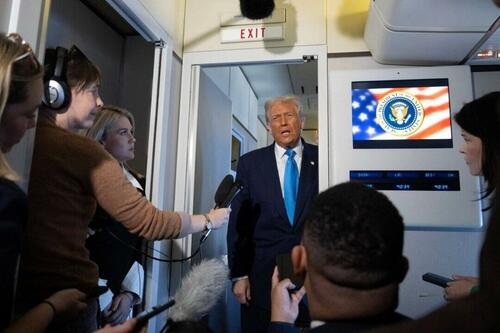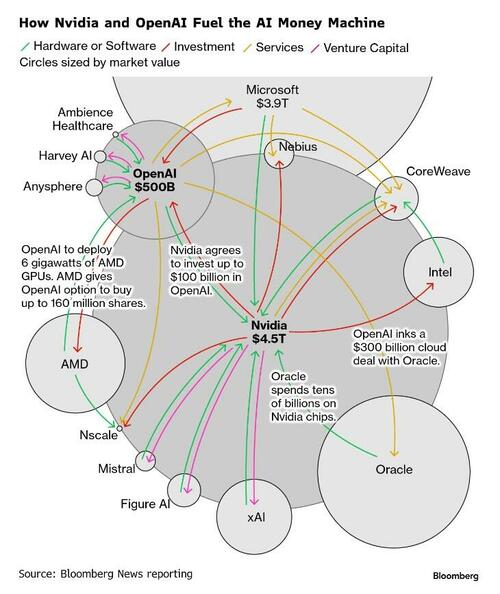We Must Seize the Opportunity to Replace the WHO

The Indian-origin parable of the six blind men describing an elephant spread to many cultures and civilisations centuries ago and is therefore a widely-known story. Upon first encountering an elephant – an animal the men had heard about but not actually come across – each person projects from the particular part of the animal he explored by touch to offer a generalised description of the whole beast. The one who felt the side said the animal was like a wall; another touched the tusk and said it was like a spear; the third took hold of the trunk and insisted it was like a snake; the fourth grasped a leg and concluded it was clearly most like a tree; the fifth, a tall man, felt the ear and said it was like a fan; and the sixth grabbed the tail and said the elephant resembled a rope.
The point of the parable is that specialists can similarly see in their area of expertise in granular detail yet be blind to the big picture. In previous articles, I have highlighted parallels between the 2003 Iraq war, nuclear disarmament, climate catastrophism and Covid interventions (lockdowns, mask recommendations and vaccine mandates). All three are conveniently brought together in the book Our Enemy, the Government: How Covid Enabled the Expansion and Abuse of State Power (2023). As an aside, readers might note that the Left-Right ideological divide breaks down as an explanation for my opposition to the four sets of official policies. Instead, in all four cases, my stance supports pockets of opposition and resistance to the consensus in the policy elite.
The two dots I’d like to connect in this article are the seemingly discrete reform agendas of the United Nations and the World Health Organisation (WHO). In his address on September 23rd 2025 to the annual gathering of world leaders for the opening of the UN General Assembly, President Donald Trump offered an exceptionally blunt assessment of the manifold failures of the organisation, including with regard to its primary purpose of ensuring international peace and security. The wide-ranging address was notable for one important omission. Not once did Trump mention the Security Council, the organisation’s most important organ with the legal authority to make decisions, up to and including going to war, that bind all countries. Yet, its congenital impotence and accelerating obsolescence and irrelevance are arguably the primary explanation for the UN’s failure to reach its potential on preventing and ending wars that Trump complained about.
They are also centrally relevant to the discussion of a more powerful WHO or a replacement international health organisation. In the current architecture of global governance, the UN Security Council is both the ultimate and the only international entity with enforcement authority over sovereign states. Furthermore, its authority extends to states that are not UN members, are not members of the Security Council when the decision to authorise enforcement by means of diplomatic, economic or military sanctions is made, or are a member but vote against the authorising resolution. Except, of course, if the negative vote is cast by one of the five permanent members (P5) with the power of veto. Cases can be decided by the World Court and the International Criminal Court (ICC) on the legal obligations and liabilities of sovereign states. But if they reject the judicial decisions and defy the courts, the only recourse to enforce them is the Security Council acting under chapter 7 of the UN Charter. Nor is the ambit of the veto power limited to actions by one of the P5. Any one of them can veto enforcement action to protect an ally or a client state.
Without Enforceable Compliance, International Law is a Fiction
One of the early and sustained criticisms of the WHO in mismanaging the Covid pandemic was failure to hold China accountable for non-cooperation with the inquiry into the origins of the virus, in particular if it might have been a leak from the laboratory of the Wuhan Institute of Virology. But the WHO has no enforcement power, any more than do the World Court, ICC, the IAEA vis-à-vis violations of the non-proliferation obligations, etc. And laws and legal obligations that are binding and have been so affirmed by the relevant judicial organs, but fail to be enforced, damage the authority and credibility of the specialised agency concerned, the UN system more generally, and the overall architecture of global governance. A ‘law’ that is habitually broken but rarely or only selectively enforced, is a law in name only. It is a legal fiction and not an empirical or ‘lived’ reality. If the case for UN Security Council reform is compelling and the need for it urgent, then the lack of enforceability to ensure compliance with legally binding obligations triggers a negative feedback loop that has a cascading effect on the credibility and legitimacy of the entire normative architecture of world order.
Conversely, where the P5, the notional great powers in 1945, are in agreement, they can enforce whatever global norm, law, treaty or even behaviour they favour on the smaller and weaker states of the world by utilising and sometimes abusing their uniquely privileged perch in the UN Security Council. This erodes the legitimacy of the global normative architecture for the opposite reason. By analogy from domestic jurisdictions, for the rule of law to prevail, no is above the law but no one is below the law either. In his report ‘The rule of law and transitional justice in conflict and post-conflict societies’ (2004), then Secretary-General Kofi Annan defined the rule of law as “a principle of governance in which all persons, institutions and entities, public and private, including the state itself, are accountable to laws that are publicly promulgated, equally enforced and independently adjudicated”. Every individual in national systems governed by the rule of law, and every state in an international order subject to the rule of international law, is simultaneously subject to the law and protected by it against arbitrary actions of the powerful.
In a broken system where the law is habitually weaponised by one particular group against another, the latter will resent and rebel under the right circumstances. Thus, the P5 are also the five nuclear-weapons-possessing states under the 1968 Nuclear Non-proliferation Treaty (NPT). They have maintained this despite their own obligations under Article 6 of the NPT to engage in and bring to a conclusion negotiations for nuclear disarmament, while rigorously trying to enforce through their P5 status the non-proliferation obligations of the NPT on every other country, including a few non-signatories. In 2017, exasperated at the double standards of the five NPT-licit nuclear-weapon-states in rejecting the NPT disarmament obligation that applied to them but enforcing the non-proliferation obligation on all others, a majority of member states used their numerical superiority to adopt the Treaty on the Prohibition of Nuclear Weapons (TPNW) in the General Assembly. The treaty entered into force in January 2021. This is a lesson that perhaps countries of the Global South in particular might have considered more carefully before strengthening the legal obligations under the pandemic accords of 2024 and 2025.
In sum, because of its virtually unlimited powers in theory, the single most critical item on the UN reform agenda is the flaws in the structure and procedures of the UN Security Council. Opponents of Security Council reform are in denial about the importance and urgency of the subject. It is central to, not peripheral to nor a distraction from other structural and operational UN reforms and global governance reforms more broadly. The Security Council has vastly expanded its powers and reach in recent decades, including with respect to the use of military force, coercive economic sanctions and directing member states on the terms of domestic legislation. Resistance to Security Council reform has held up progress on much of the rest of the UN reform agenda. No one today would design the Security Council in a way that resembles its current iteration.
The ossified Security Council remains trapped in the power equations of 1945 and is therefore out of sync even with its core defining logic. During the UN’s 80-year history, African and Asian states have increased from just over one-fifth to well over half the total membership while the Western group has shrunk from almost one-fourth to about one-sixth. Yet, the global North retains its dominance in the Security Council, with 40% of the total membership and 60% of the permanent membership. Africa, Asia and Latin America and the Caribbean combined account for over 50% of the total but under 7% of the permanent membership. Absent permanent membership of the UN’s top body ensures that the Global South is limited to being mostly objects of Security Council decisions. Because of the Security Council’s crucial role in selecting the Secretary-General, the North’s dominance infects the choice of senior personnel throughout the UN system, including heads of departments, funds, agencies and special envoys.
This erodes the representative legitimacy of the Security Council as the UN’s most critical organ and weakens its ability to make decisions guided by a full understanding of the development, security, human rights and environmental dynamics in areas where peace is most threatened. It also diminishes the UN’s capacity for effective implementation of all four normative mandates (development, security, human rights, environment). This is why structural reform of the Security Council’s composition, particularly permanent membership, is critical.
The Rhetoric of Reform Is a Tactic of Deflection
Tackling incremental reforms that are doable, while shelving the one transformational reform that is the most imperative, has become a political tactic of deflection. Structural reform of the Security Council’s composition must necessarily include dropping some as well as adding others from permanent membership; otherwise it will remain unrepresentative and become even more unwieldy. Yet, no major reform proposal has identified which of the P5 should be dropped, why and how. If it were to be designed afresh, would Russia, France and the UK be made permanent members ahead of the likes of Brazil, India, Japan, Germany, and one or two of Egypt, Nigeria or South Africa? All proposals to add permanent members have floundered even without tackling the need to keep it trim.
The history of UN reforms to date strongly suggests that the necessary Security Council reforms are neither likely nor feasible. Any change to the permanent membership would be opposed and vetoed by at least one of the five current members, which is why no meaningful change is ever likely to materialise. Yet, one need not be a deep scholar of history to realise that the history of the rise and fall of great powers was not permanently paused in 1945. The 1945 structure cannot survive indefinitely for another 10, 20, 50, 100 or more years. The most likely trajectory is that with failure to reform, the UN’s legitimacy, effectiveness and authority will continue to erode and the organisation will become increasingly marginalised and irrelevant with each passing year. This matters, for something like the UN remains our best hope for unity-with-diversity in a world in which global problems require multilateral answers: solutions without passports for problems without passports.
The last big but unsuccessful push for UN reform was at the UN world summit in 2005. Delegations left the summit not merely disappointed and deflated at the meagre results, but also jaded and exhausted. The momentum for reform lost then has not yet been regained 20 years later. Between the ossified hard place of an increasingly illegitimate and ineffective existing Security Council, and the immovable rock of a reform-proof Security Council, is there a third way? The majority of the world’s countries could give up on UN reforms and convene a new conference for a replacement international organisation more fit for purpose in addressing and solving today’s challenges and threats. The key fact is not that the choice between reform and replacement with ‘a new improved formula’ is painful. Rather, the issue at hand is this: at which point does the choice become unavoidable and norm entrepreneurs begin to organise a new coalition of civil-society and nation-state actors to convene a global conference to design United Nations 2.0?
Returning to the WHO, it might make perfect sense in logic to attempt reform first before embracing a more wholesale agenda to replace the WHO. But logic does not always rule in world affairs. Consistent with the belief that every crisis is also an opportunity, the current global flux created by the crisis of multilateralism provides an exceptionally favourable confluence of circumstances for a transformative redesign of the architecture of international health governance. The ‘reform first’ camp should be honest about the reality that the opportunity comes but rarely to go for meaningful and substantial organisational change. Taken at the flood, it could lead to better outcomes. Allowed to recede, it will leave behind the detritus of failed efforts and lost hopes.
Ramesh Thakur, a former UN assistant secretary-general, is Emeritus Professor at the Australian National University and Fellow of the Australian Institute of International Affairs. He is a former Senior Research Fellow at the Toda Peace Institute and editor of The nuclear ban treaty: a transformational reframing of the global nuclear order.
Recent Top Stories
Sorry, we couldn't find any posts. Please try a different search.









